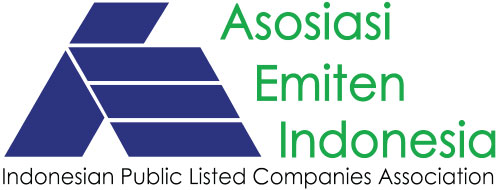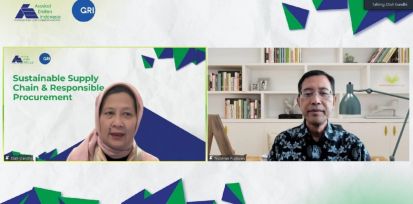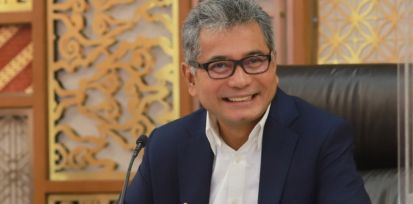
INET and APJII Encourage Digitalization and Strengthening the Internet Industry in Indonesia
The telecommunications industry in Indonesia continues to grow rapidly along with the increasing need for internet connectivity. One company that plays an active role in this sector is PT Sinergi Inti Andalan Prima Tbk (INET), which has been officially listed on the Indonesia Stock Exchange since July 2023. INET, which has been around for nine years, focuses its business on the Business-to-Business (B2B) sector, specifically serving internet service providers (ISP) in Indonesia.
Currently, INET has approx 200 ISP as clients from a total of approx 1.200-an ISP in Indonesia. With a market share of around 15-18%, INET is one of the key players in this industry. Apart from providing connectivity, INET is also starting to develop business Data Center as a form of service diversification. INET's Data Center located in the Cyber Building now has a capacity of 40 racks and is being developed to add 50-60 more racks to meet market demand.
Challenges and Strategies for Facing Competition
Like other telecommunications industries, the main challenges facing INET are price competition or a price war. The large number of players in this industry makes service prices very competitive. However, INET has a special strategy to maintain service quality and build long-term relationships with clients.
In the future, INET is also preparing big plans by developing cable loud as an effort to expand service coverage while strengthening national and international network infrastructure.
Collaboration with OTT, Solutions for a Healthy Digital Ecosystem
An issue that is no less important in this industry is the relationship between internet service providers and OTT (Over The Top) service provider such as YouTube, Netflix and other digital platforms. Currently, OTT operators use ISP networks to distribute their content, but there is no direct contribution to network operators.
Chairman of the Indonesian Internet Service Providers Association (APJII), Muhammad Arif Angga, said that it was time for a model revenue sharing between ISP and OTT. This is considered important to maintain industrial sustainability and contribute more to the country in kind Non-Tax State Revenue (PNBP). This kind of collaboration is expected to create a healthier and mutually beneficial digital ecosystem.
Encouragement of Digitalization of MSMEs and Cooperatives
APJII also highlighted the importance of digitalization MSMEs and cooperatives as part of strengthening the national digital economy. Currently, there are still many MSMEs that run their business manually and are not connected to the internet. In fact, digitalization will open up wider opportunities for MSMEs to market their products to international markets.
APJII supports government programs to encourage 2 million MSMEs are connected to the internet, while accelerating digital literacy among small and medium businesses. This step is expected to strengthen the competitiveness of local products in the global market.
APJII Target: 90% Internet Access and 100 Mbps Speed by 2030
APJII targets in the next five years, or to be precise 2030, at least 90% of Indonesia's population already have internet access. Apart from that, APJII also encourages improving service quality with a minimum internet speed target 100 Mbps so that the industry becomes healthier and more competitive.
Furthermore, APJII emphasized its importance digital sovereignty in Indonesia. National internet infrastructure must remain controlled by domestic entrepreneurs so as not to depend on foreign parties, considering that this sector is vital for economic sustainability and people's lives.
Conclusion
The Indonesian internet industry has enormous potential to continue to grow and develop. However, challenges such as price wars, inequality of access, and dependence on OTT must be overcome with the right strategy and collaboration. Through the MSME digitalization program, strengthening regulations and infrastructure development, APJII and INET are optimistic that the internet industry in Indonesia will become stronger and make a major contribution to the national economy.
Complete Podcast Video: Getting to Know PT Sinergi Inti Andalan Prima Tbk




 Back to Home
Back to Home







